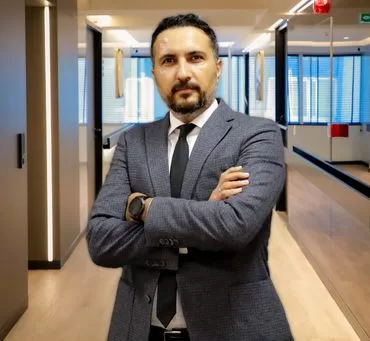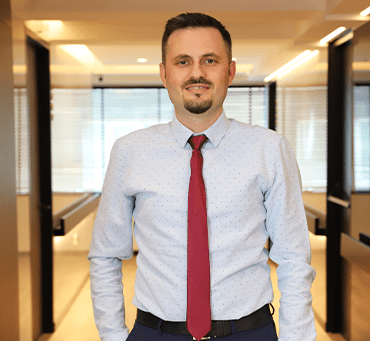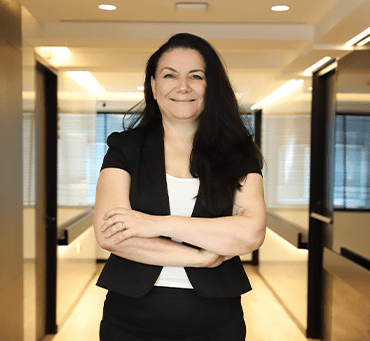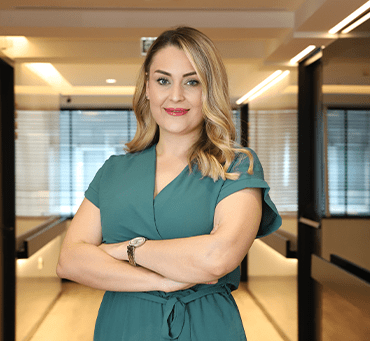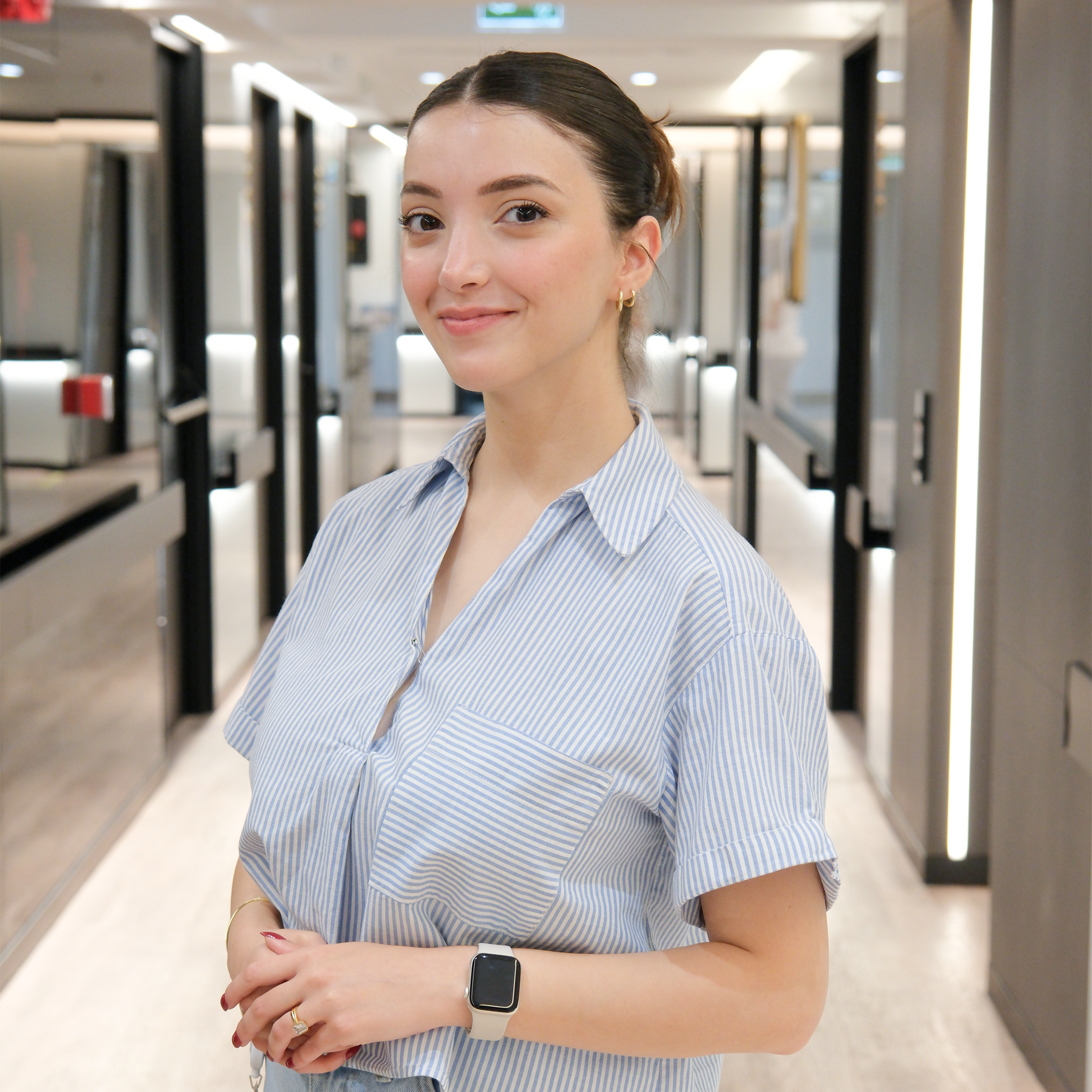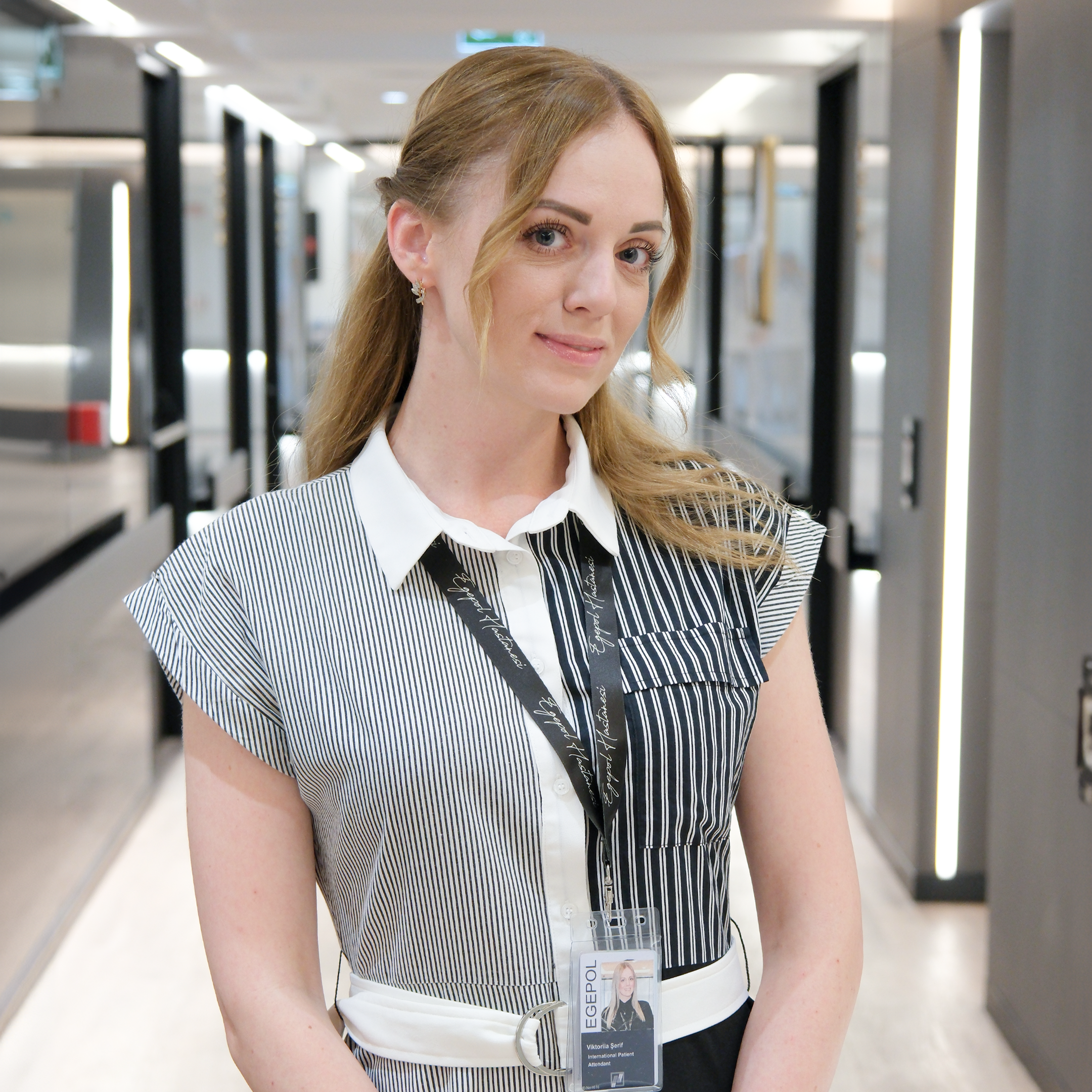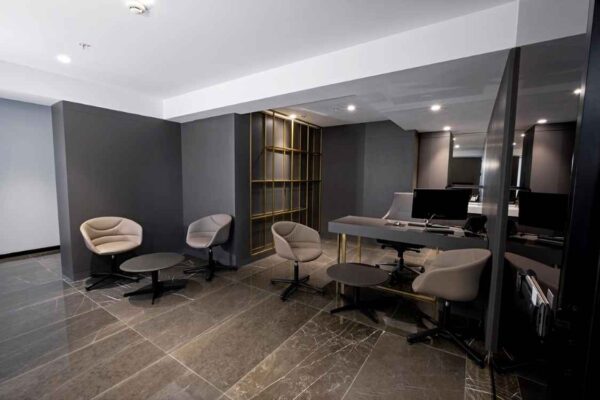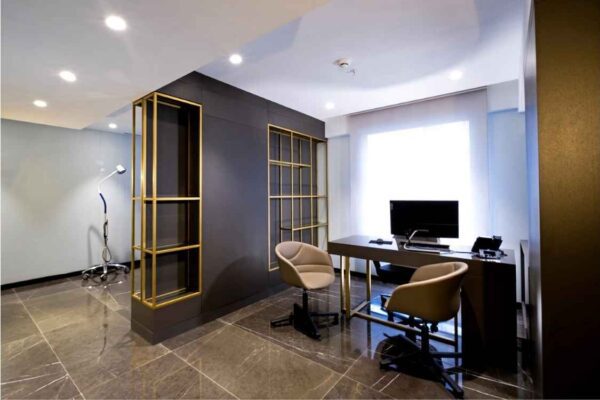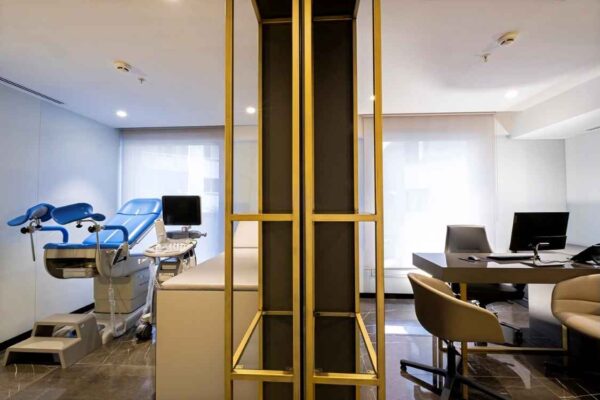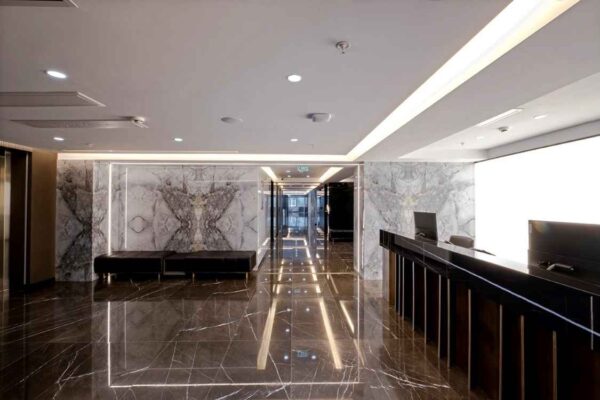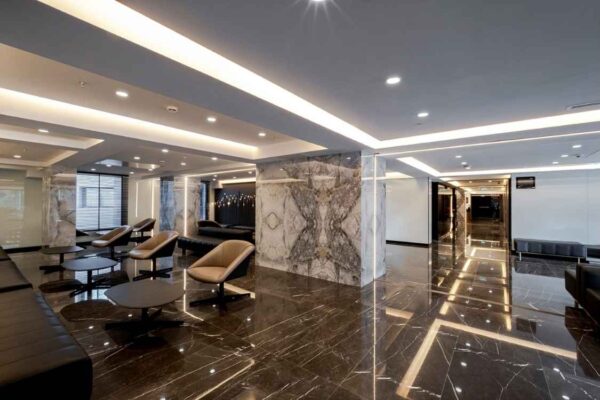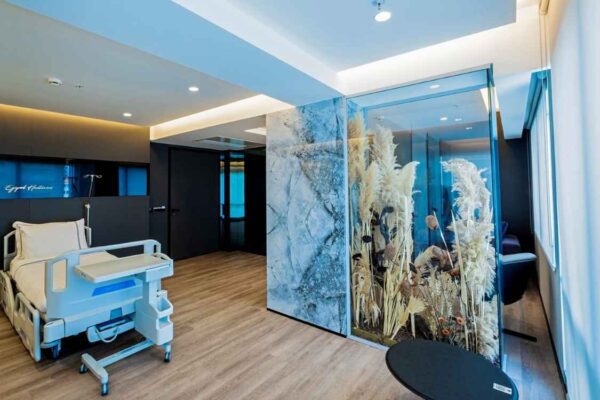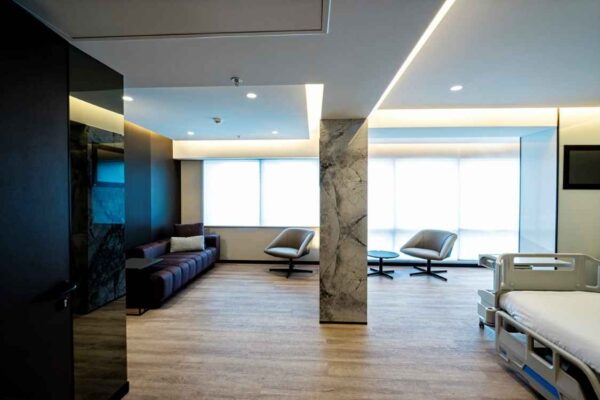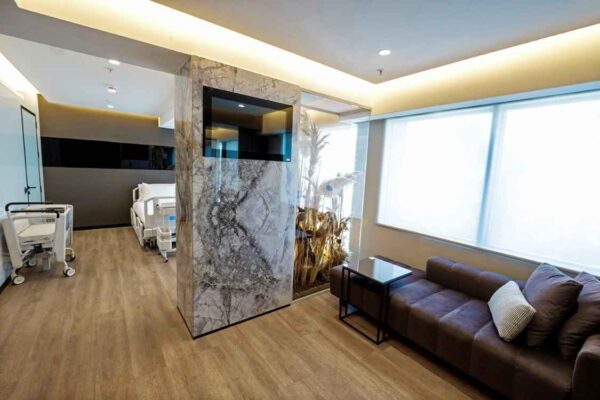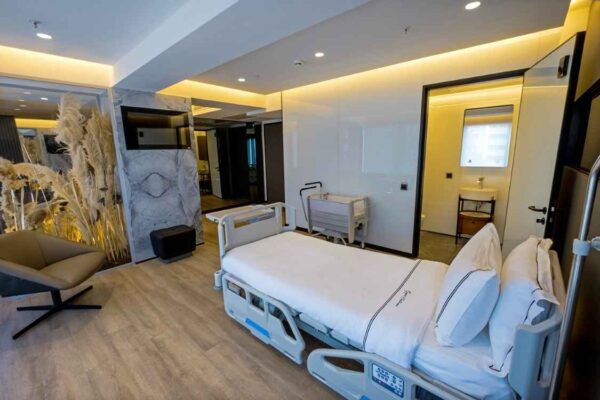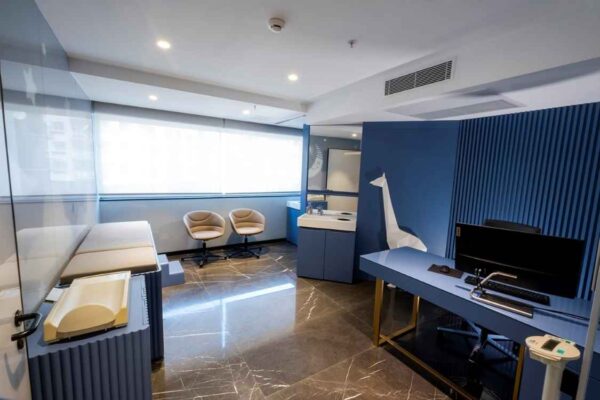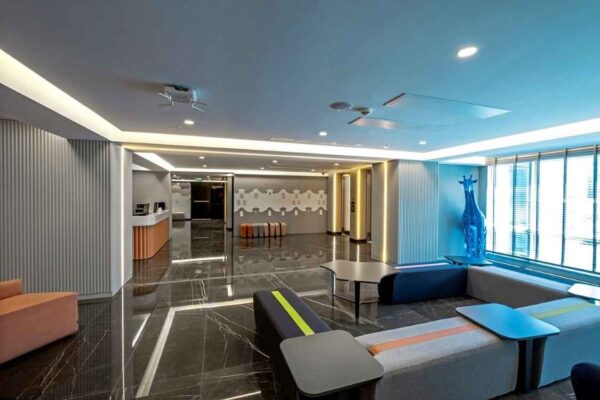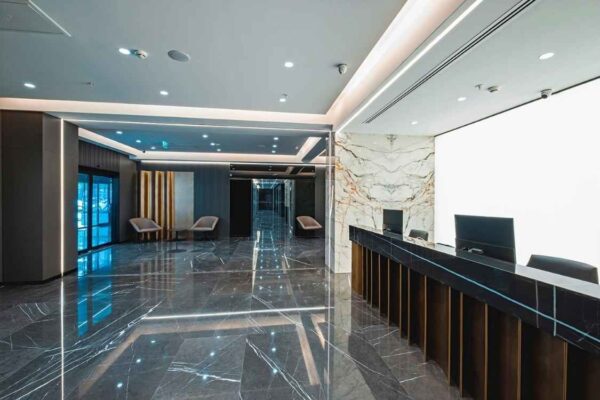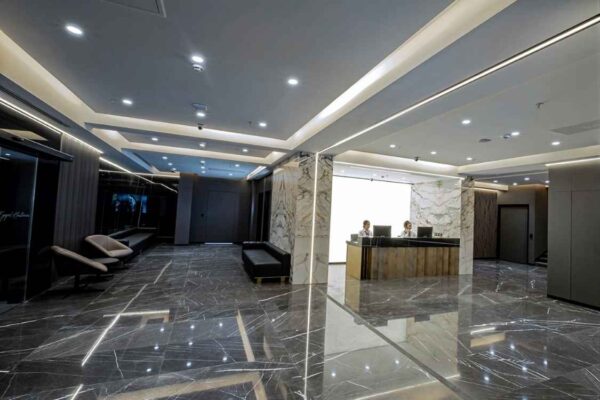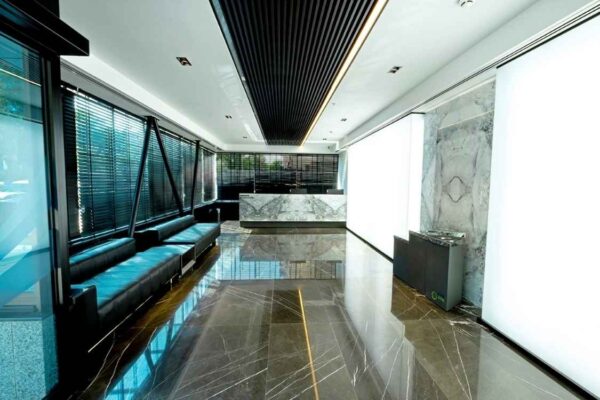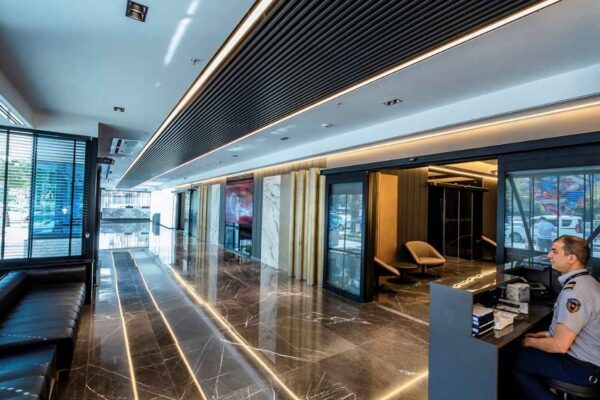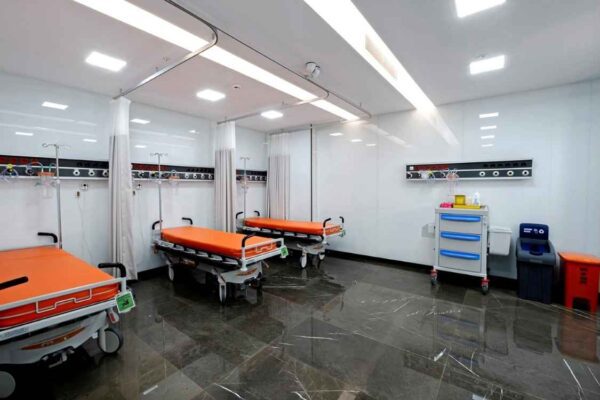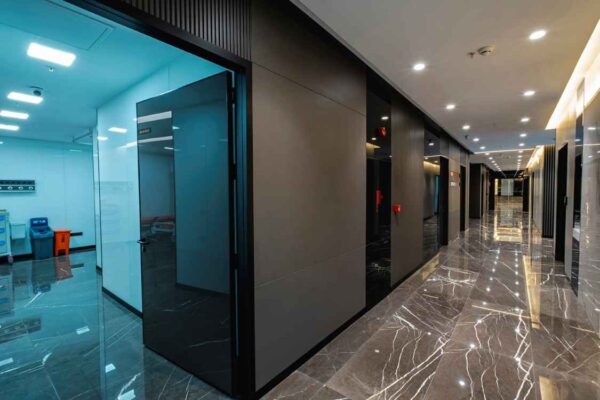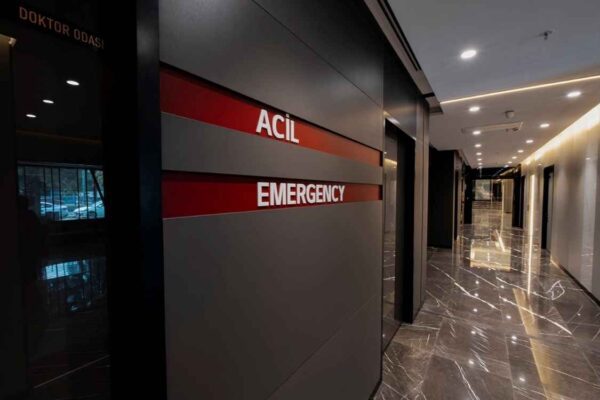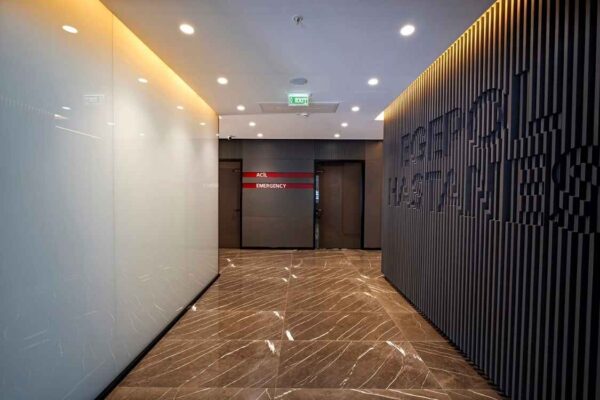Glaucoma, sometimes known as “eye pressure,” is a severe eye disease that, if left untreated, can result in total blindness. Millions of people worldwide are afflicted by this disease that impairs vision, making treatment an essential part of healthcare. Globally, glaucoma has a tremendous impact on individuals, families, and communities. As the world’s population ages, glaucoma is growing more prevalent, necessitating better treatments and a global effort to combat it.
Turkey is currently drawing more medical tourists as a result of its large network of hospitals that provide cutting-edge glaucoma treatments. To evaluate costs, treatment options, and glaucoma causes, studies are undertaken contrasting Turkey with other international conventions, particularly those in Europe.
Turkey is growing in popularity among travelers looking for both cutting-edge healthcare and cultural experiences because of its special role as a bridge connecting the East and the West, its commitment to medical excellence, and its affordable cost. We’ll look into what factors contribute to Turkey’s growing reputation as a healthcare center as we learn more about the glaucoma treatment market, which provides those suffering from this severe eye condition hope and improved vision.
Causes of Glaucoma
The hallmark of glaucoma is an increase in intraocular pressure (IOP) caused by an accumulation of aqueous fluid in the eye. The optic nerve could be damaged by this high pressure, affecting vision. Although several risk factors have been identified. Glaucoma is more likely to affect a person due to genetics because the condition generally runs in families.
- Age: Risk of glaucoma rises with age, especially beyond the age of 40.
- Medical conditions: Illnesses including diabetes and hypertension might raise the risk of glaucoma.
Treatment Options for Glaucoma
Lowering intraocular pressure while protecting the patient’s vision is the aim of glaucoma treatment. In Turkey, there are numerous glaucoma treatments accessible, such as:
- Medication: Eye drops or oral medications may be prescribed by doctors to reduce intraocular pressure. These substances affect how quickly watery humor develops. Common medications include prostaglandin analogs, beta blockers, alpha agonists, and carbonic anhydrase inhibitors.
- Laser therapy: Selective laser trabeculoplasty (SLT) and argon laser trabeculoplasty (ALT), two common laser procedures used to lower intraocular pressure, can improve the outflow of aqueous humor. These non-invasive therapies frequently employ these outpatient approaches.
If medicine and laser therapy are inadequate at treating glaucoma, surgery might be suggested. A trabeculectomy is a surgical procedure that creates a new drainage conduit for the aqueous fluid in order to lower intraocular pressure. Ahmed valves that are implanted and Baerveldt tubes are further drainage techniques.
Medicine Faculties In Turkey
- Education and Training: Turkish medical institutions offer extensive study and training programs for aspiring medical professionals. The typical curriculum lasts six years and includes both academic study and practical clinical training. Students have extensive study in anatomy, physiology, pharmacology, and other medical specializations in addition to clinical rotations in hospitals.
- Admission: The admissions process for Turkish medical schools is quite difficult. Prospective students must pass either the Student Selection and Placement Examination (YKS) or the Higher Education Institutions Examination (YS) to be accepted. To promote fairness and transparency, a centralized placement mechanism is typically employed in the admissions process.
- Faculty and Staff: Talented and diverse professors, researchers, and experienced medical practitioners make up the faculty in Turkish medical schools. Many faculty members have international experience and links to major medical institutions all around the world.
- Research and Innovation: Turkish medical schools actively participate in the creation of new medical procedures and tools. They collaborate with international research organizations and publish the findings of their studies in prestigious medical journals. Aspects of research include genetics, epidemiology, clinical trials, and public health.
- Clinical Training: A significant component of the Turkish medical curriculum is clinical training. Students have first-hand experience in a range of medical disciplines, including obstetrics, internal medicine, surgery, and pediatrics, during their clinical rotations at affiliated hospitals and clinics.
Turkey known as High Quality Standards
Turkish healthcare professionals are knowledgeable and skilled, and the nation has made considerable expenditures in the industry. As a result of their education and training at renowned international institutions, many Turkish doctors have specialized training in treating difficult illnesses like glaucoma.
Modern eye hospitals and clinics are also available in the nation for the diagnosis and treatment of eye diseases. Turkish medical facilities are often accredited by foreign organizations, ensuring excellent standards of care.
Turkey Compared to Europe’s Standards
The level of glaucoma care in Europe and Turkey must be compared. The rigorous regulatory regulations and superior healthcare systems in Europe are well known.
Turkey’s glaucoma treatment is on par with or better than that in Europe. Turkish ophthalmologists have extensive training, just like their European counterparts, and many of them are board certified in the areas in which they specialize. Modern Turkish hospitals and clinics are equipped with cutting-edge equipment comparable to that seen in European healthcare facilities. Turkish healthcare facilities are required to adhere to stringent legal constraints in order to uphold high standards and guarantee patient safety.
Turkish Glaucoma Treatment Costs
One advantage of getting glaucoma treatment in Turkey is the low cost of the procedures. Initial eye exams are usually cheaper in Turkey than in many other European countries. Glaucoma exams are increasingly offered as diagnostic techniques like OCT and visual field testing become more widely accessible.
Costs of prescription drugs are often lower in Turkey than in many other European countries, making long-term care more affordable there. Patients can travel to Turkey and save a ton of money, even for complicated procedures like trabeculectomy or the insertion of drainage devices.
Conclusion
Turkish glaucoma care currently complies with all accepted international standards for excellence. Some people may experience vision impairment due to glaucoma. Due to its cutting-edge facilities, highly qualified medical staff, and reasonably priced treatment alternatives, Turkey has become a popular destination for tourists looking for top-notch medical care. Knowing that a precise diagnosis and effective therapy could help protect their eyesight and general quality of life can make glaucoma patients feel better.
Due to its commitment to offering top-notch medical care, accessibility, and adherence to European quality standards, Turkey is an excellent choice for persons in need of glaucoma treatment. The nation’s top-notch healthcare system is enticing tourists from all over the world by providing those suffering from this challenging eye condition hope and better vision.
FAQs
The local currency of the Republic of Turkey is the Turkish Lira. Our patients can convert their cash from exchange offices to Turkish Lira.
Our patients can withdraw money in Turkish Lira, Euro and Dollar through ATMs in Turkey. You can easily withdraw money with foreign language options available at ATMs.
Foreigners can use their own vehicles with the obligation to carry their own driver's license, vehicle license and passport with them. Vehicles are driven on the right side of the road in Turkey.
The sockets in Turkey are dual like the sockets used in Europe.
If you have your phone line open for use abroad before coming to Turkey, you can use your own operator as well as local GSM operators.
Our Team
Our Hospital
Atilla, Halide Edip Adıvar St.
No:57, 35270 Konak/İzmir




